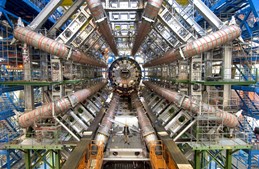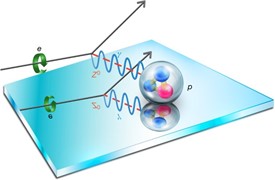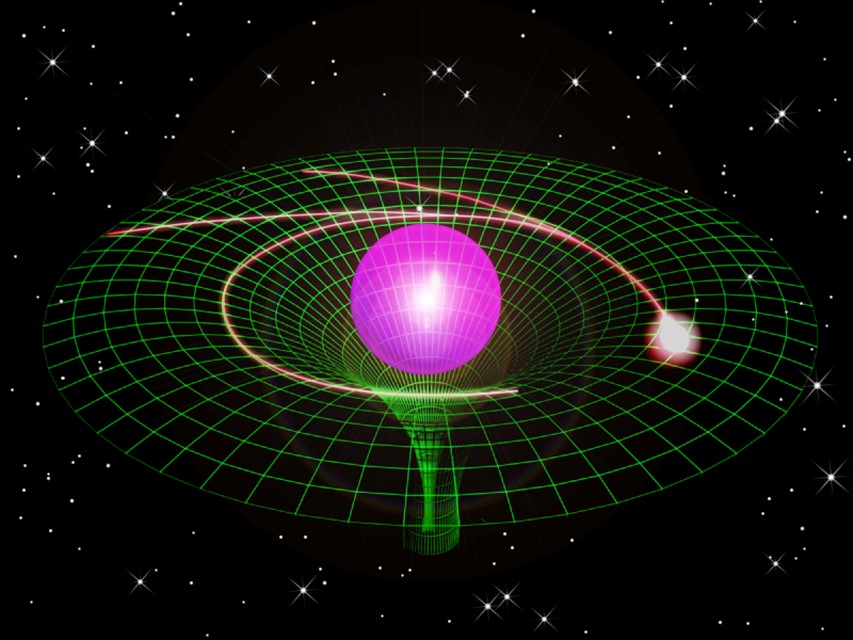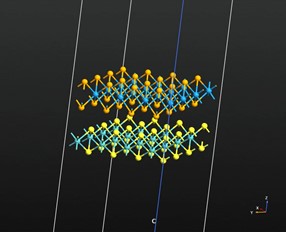The Center for Applied Physics Studies (CAPS) was founded in 1997 and has been identified by the University of Louisiana System as a Center of Excellence at Louisiana Tech University. The center is located in the Engineering Annex Building and has 20,000 sq. ft. of office and laboratory space. CAPS provides a world-class research and education environment that integrates both engineering and physics disciplines, creating opportunities for interdisciplinary studies, the sharing of resources, and the transfer of technology from basic science to applications. The center brings together faculty with diverse academic backgrounds and serves the educational need of the Physics, Chemistry and Electrical Engineering Programs at Louisiana Tech University.
CAPS has been an integral member of the Louisiana Optical Network Initiative (LONI), a $50M investment in the State’s IT infrastructure. Our researchers have direct access to the 1.5Pflop Queen Bee 2 supercomputer through LONI’s high-speed and high-bandwidth connections. The Queen Bee 2 was commissioned in the summer of 2014, ranked the 46st most powerful supercomputer in the world by Top500. Locally, our center hosts the CERBERUS community supercomputer and is managing the Louisiana Tech Observatory.











